It is early September and our 45-year old wildlife garden should be beckoning me out the door to enjoy drifts of blooms, butterflies dashing about, and countless other pollinators.
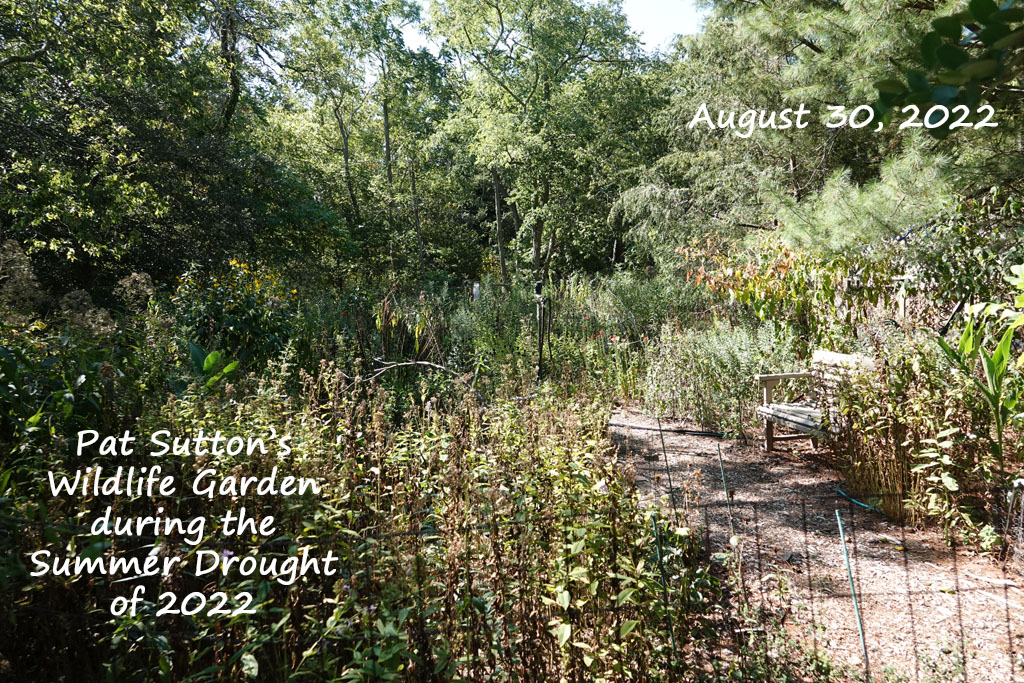
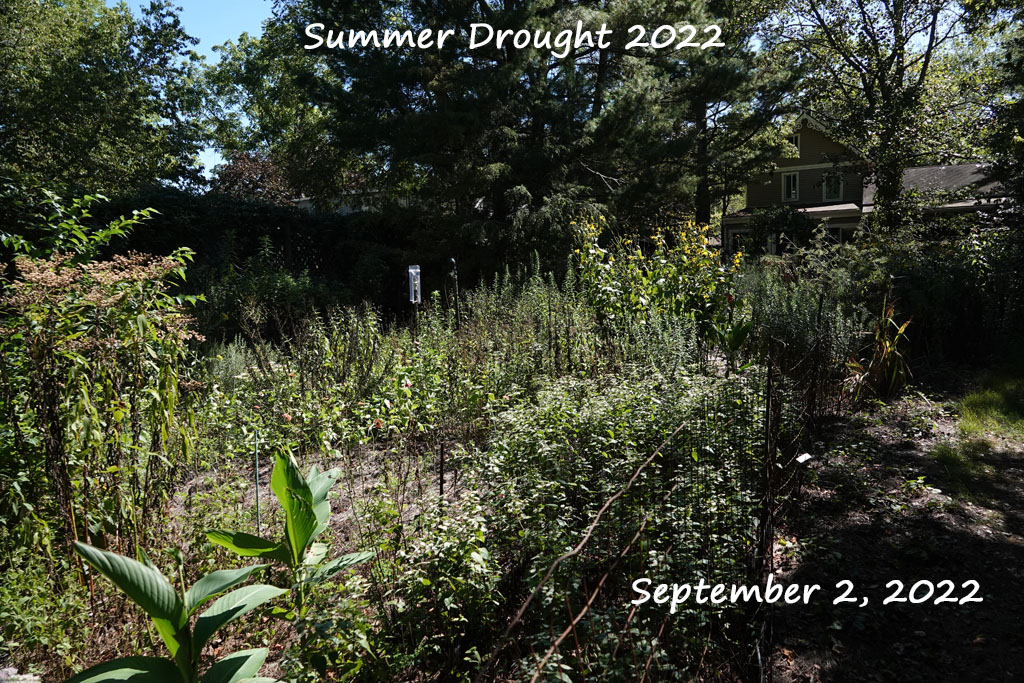 Instead the garden and yard are mostly brown with very little blooming. Buds are forming on fall blooming goldenrods and asters, thankfully, so there will be some color and nectar and pollinators to come. But for right now our wildlife garden and yard is sadly depressing. Blooms are scarce and butterflies and other pollinators are too. Tree and shrub leaves are curled up and / or falling like late fall leaves. As one who has keenly studied pollinators, I fear that many butterfly and moth caterpillars have succumbed or fallen from food sources (while attached to dead and dying leaves). Next year’s butterfly populations (and probably populations for years to come) will certainly be affected.
Instead the garden and yard are mostly brown with very little blooming. Buds are forming on fall blooming goldenrods and asters, thankfully, so there will be some color and nectar and pollinators to come. But for right now our wildlife garden and yard is sadly depressing. Blooms are scarce and butterflies and other pollinators are too. Tree and shrub leaves are curled up and / or falling like late fall leaves. As one who has keenly studied pollinators, I fear that many butterfly and moth caterpillars have succumbed or fallen from food sources (while attached to dead and dying leaves). Next year’s butterfly populations (and probably populations for years to come) will certainly be affected.
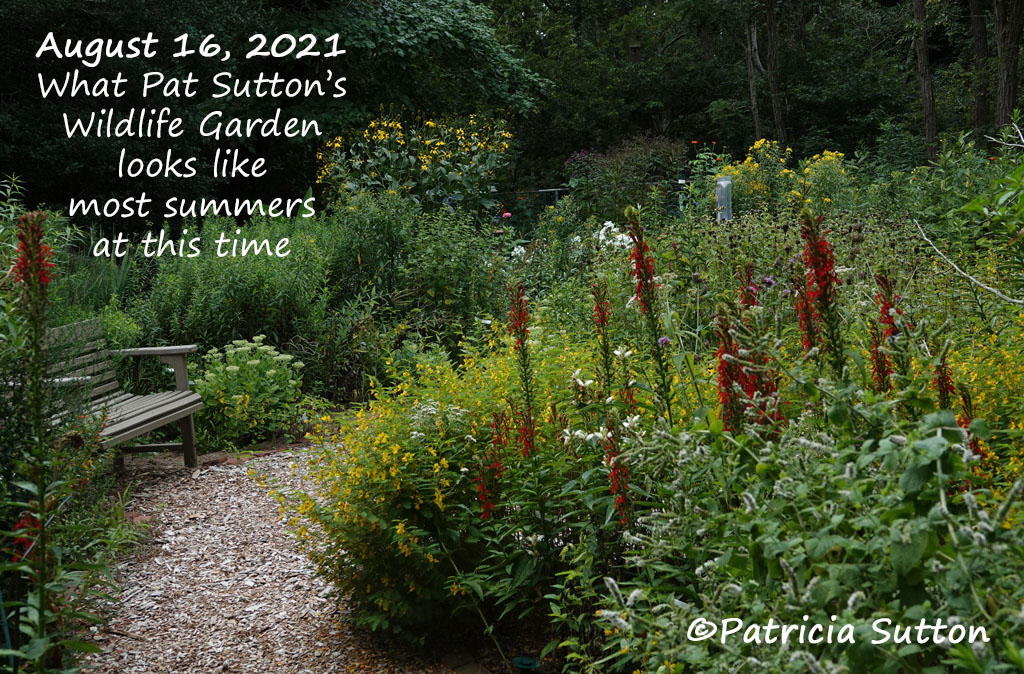
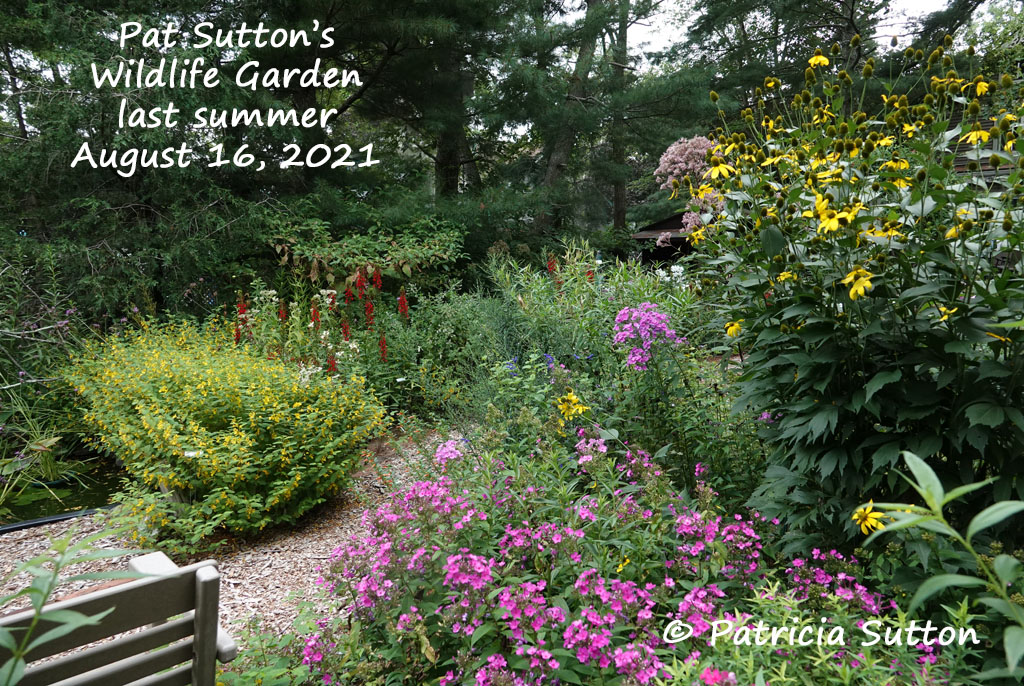 Just last summer (and most summers) this is what our garden looks like.
Just last summer (and most summers) this is what our garden looks like.
Goshen, in Cape May County, NJ, has experienced a severe drought this summer. Joe Martucci, the Meteorologist for the Press of Atlantic City, recently put it into perspective with the following key points: (1) 2022 began with a deficit of rainfall since last winter, (2) it was the 3rd driest July in 100 years, (3) it was the driest summer since 1966, (4) it was the 3rd hottest summer on record (since 1895), and (5) it was the hottest August on record. Couple all of that with our yard’s lack of rainfall and it is a wonder anything is alive.
Since October 2013 I have been a volunteer weather observer with CoCoRaHS (the Community Collaborative Rain, Hail, and Snow Network), a nationwide legion of volunteer data collectors. So I have accurate rainfall data for our yard. Too, CoCoRaHS provides comparative 30 Year Average by PRISM rainfall for our area. The numbers this summer are scary. We saw 7.1” less rainfall this summer (June, July, and August) than the 30 year average. That is mega!
RAINFALL 30 Yr Avg 2022
By PRISM Sutton Yard
June 3.26” 0.84”
July 3.86” 2.45”
Aug 4.34” 1.07”
TOTAL 11.46” 4.36”
How to Cope with Drought:
- Plant NATIVES. If this concept is new to you, read Doug Tallamy’s books. My “Gardening for Pollinators” handout (click HERE) directs you to many resources to help you select the most important (to wildlife) and suitable (to your site, soils, and conditions) natives for your area.
- When establishing a pollinator garden, set up a watering system to keep your wildlife garden alive during severe drought so you and pollinators do not lose nectar sources (and host plants for future generations). During droughts when natural areas are crisped, our tended gardens may provide the only nectar! This same watering system will make it easy to water new plantings (until they get established). Realize that even natives need some assist when first planted and during severe drought.
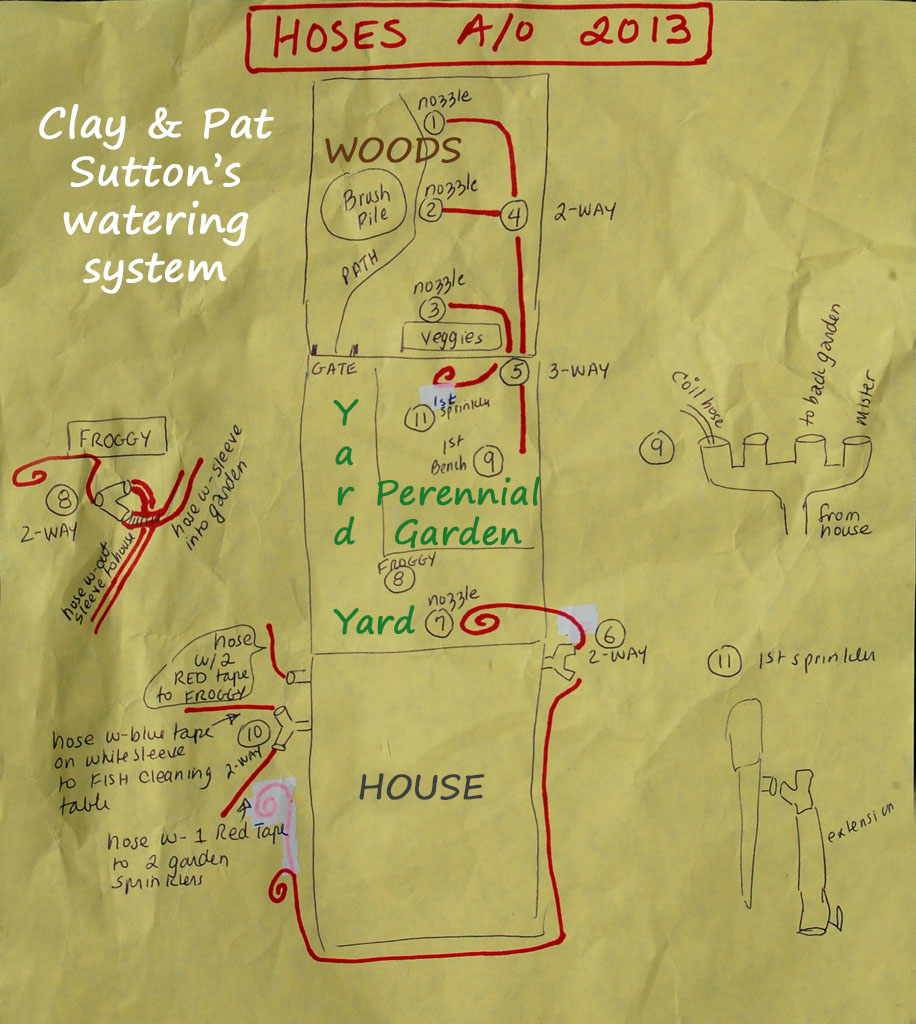
3. Incorporate rain barrels into your landscape. I’ve set up two rain barrels (one at each end of our back roof) and have two hoses from each running out into the garden where I’ve planted native perennials that like “wet feet”: Cardinal Flower, Swamp Milkweed, White Turtlehead, Turk’s-Cap Lily, Red Beebalm, Common Boneset, etc. I am very grateful for the rain barrels and what they accomplish; much of the year they stand empty.
4. Plant native trees and shrubs in fall (rather than spring) when rains and snows are more likely. This way new plantings will get the rainfall they need to get established and be less stressed. Summer plantings can be done, but only with lots and lots of watering during dry stretches. Spring plantings should be fine unless our “new normal” includes regular summer droughts.
5. If you plan to travel (or be away for lengthy periods like we were) in summer, make arrangements with a friend to water if there is no natural rainfall. Summer travel is much of the reason our garden is so baked (all told we were away for 31 days).
6. If plants look dead, don’t give up on them too soon. Cut off dead growth so the plants instead can focus on supporting live and/or new growth. Hopefully the roots have some life left. Wait until next spring to see. You might be pleasantly surprised by the resiliency of native plants.
CoCoRaHS, the Community Collaborative Rain, Hail, and Snow Network
Years ago I began keeping my own rainfall records because I quickly learned that available rainfall data shared in the local newspaper from nearby towns was inches different from the rainfall in my own yard. A gardening friend alerted me to CoCoRaHS (click HERE). I joined CoCoRaHS, bought their official rain gauge, put it up, and became part of the team. 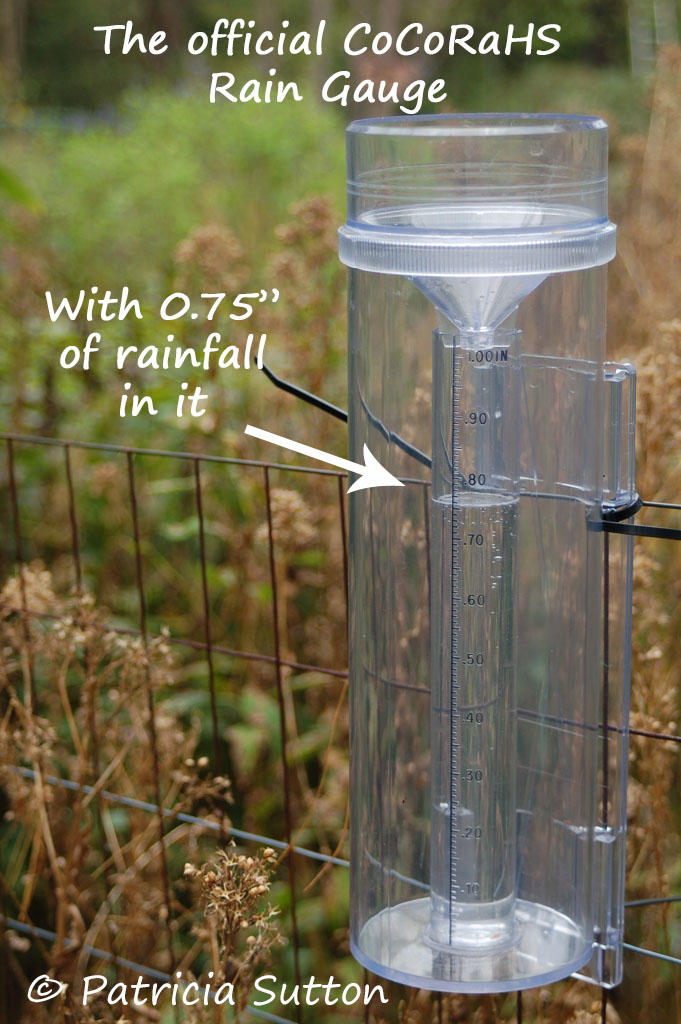
A friend who lives three miles away joined CoCoRaHS the same day and we began logging in our data simultaneously. Immediately it was evident how different the rainfall was just three miles apart. For example, on October 13, 2013, my gauge held 0.75 inches of rain and three miles away my friend’s gauge held 1.29 inches of rain. Who would have thunk?
Consider joining CoCoRaHS, a great citizen science project. Let your friends, co-workers, and family know about it so more and more sites can be added to the data. Imagine what we all can learn together.
On CoCoRaHS’s website you can look at the entire country, your region, state, or county and see the rainfall recorded by the network of observers on any given day, month, or year-to-date. It’s fascinating if you’re a keen gardener and/or a weather geek.
If you have any comments or questions, please use the “Comment” option at the end of this post, so others can benefit from everyone’s comments, questions, tips, and answers.
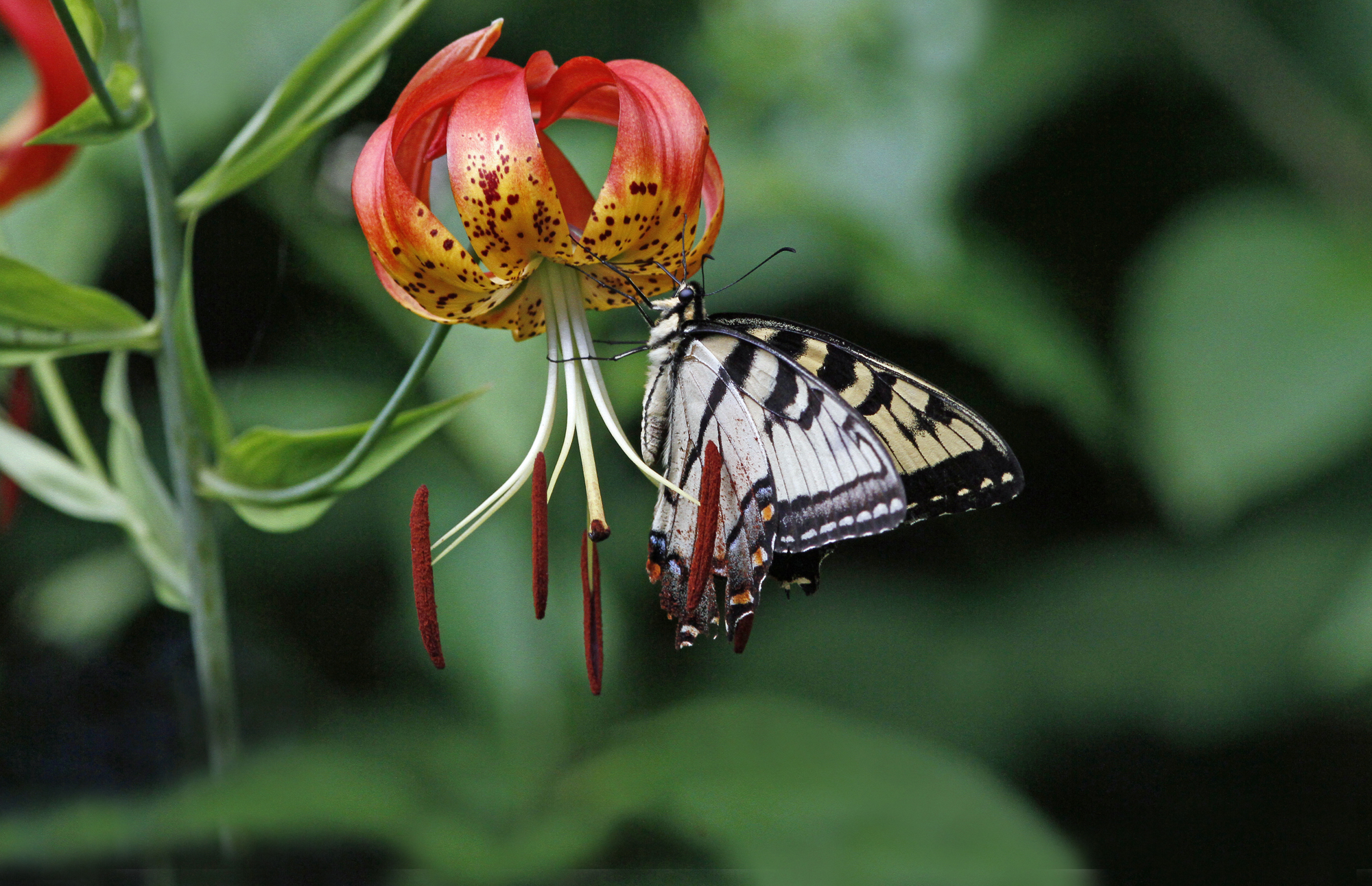
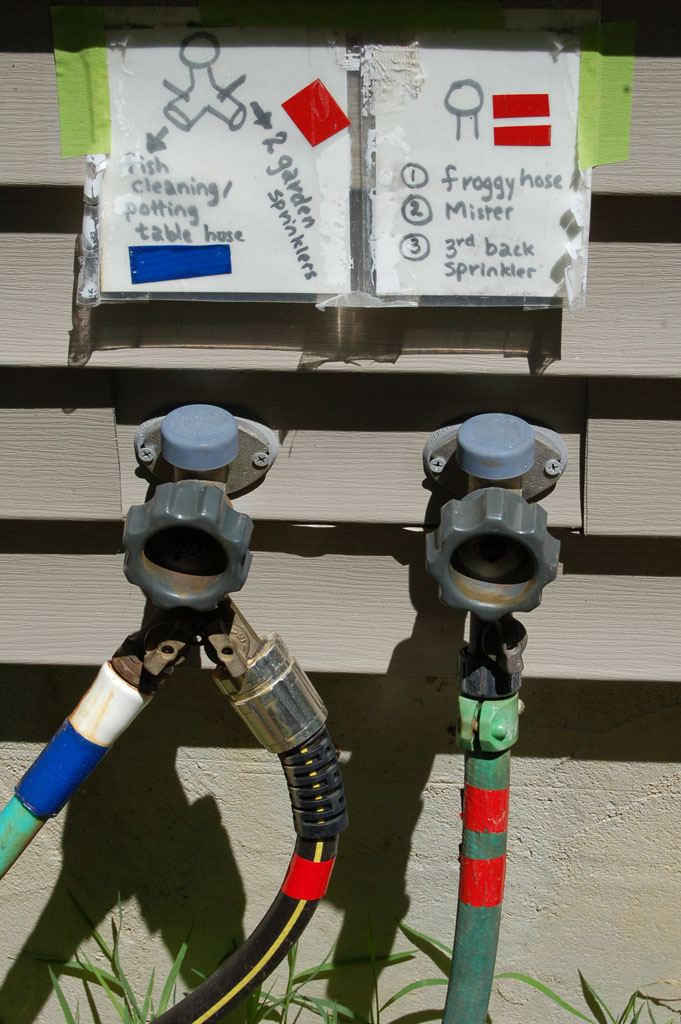
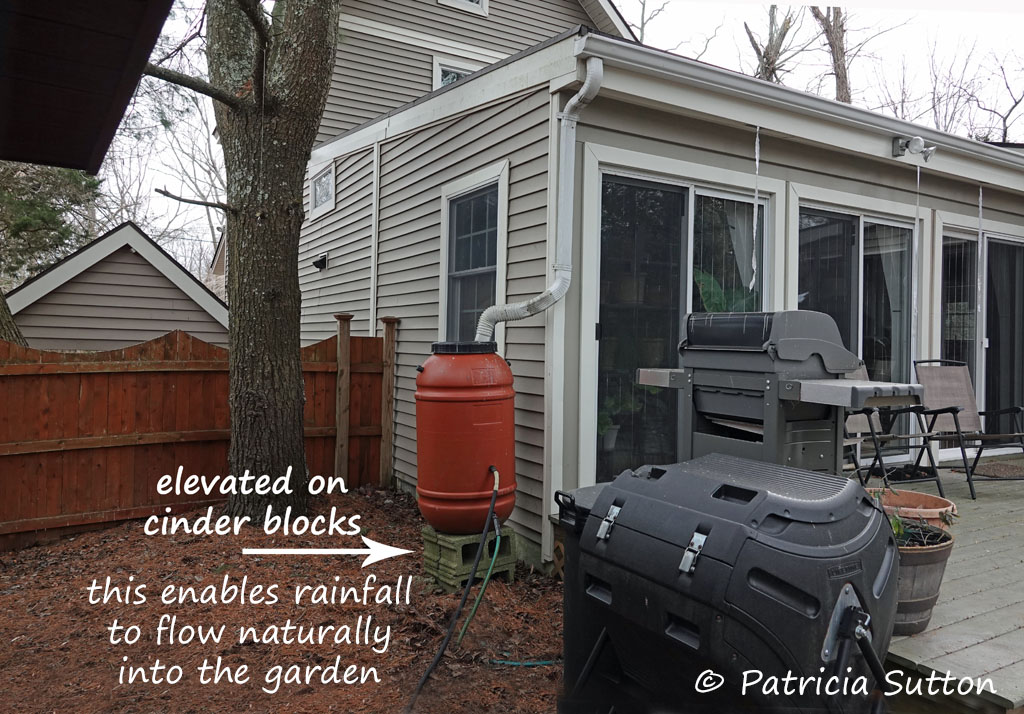
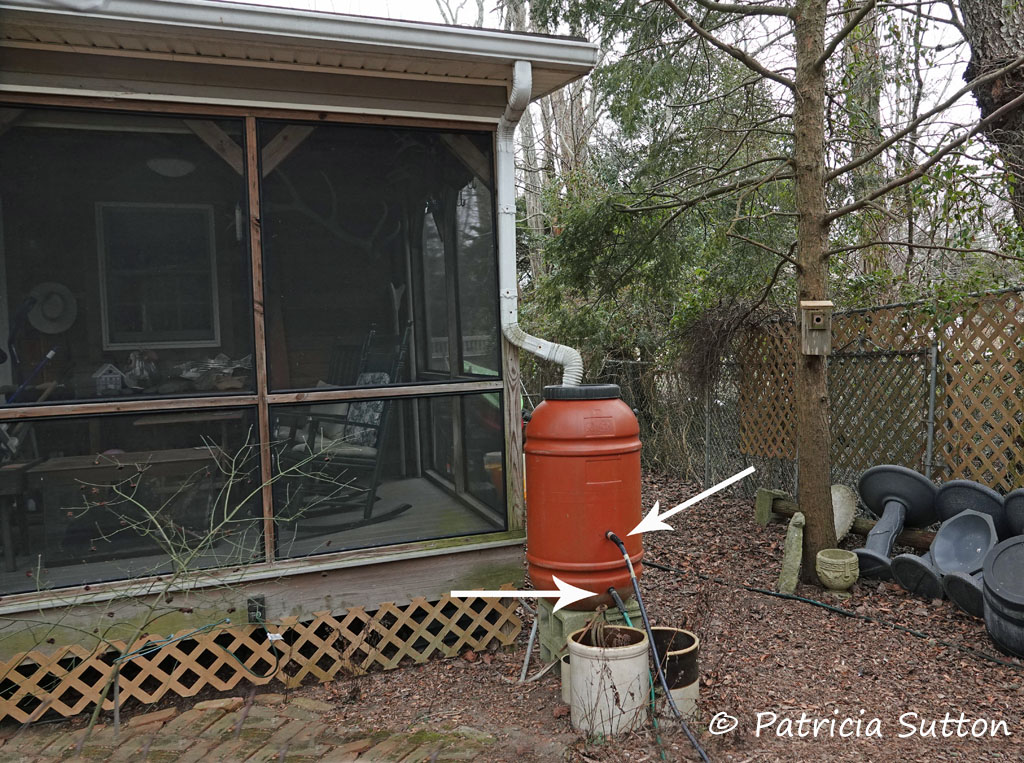
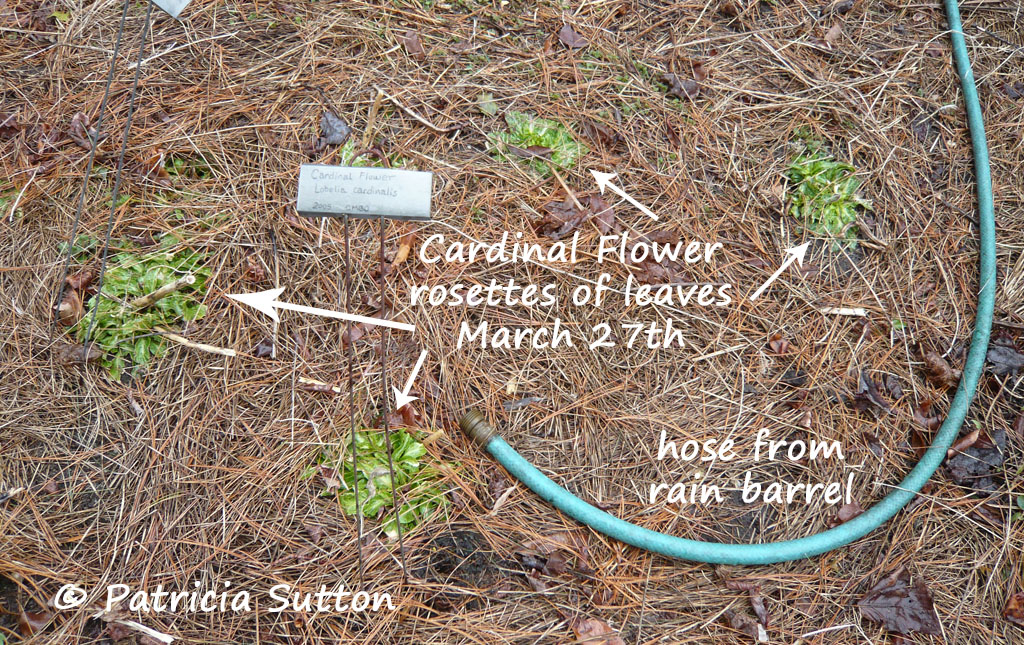

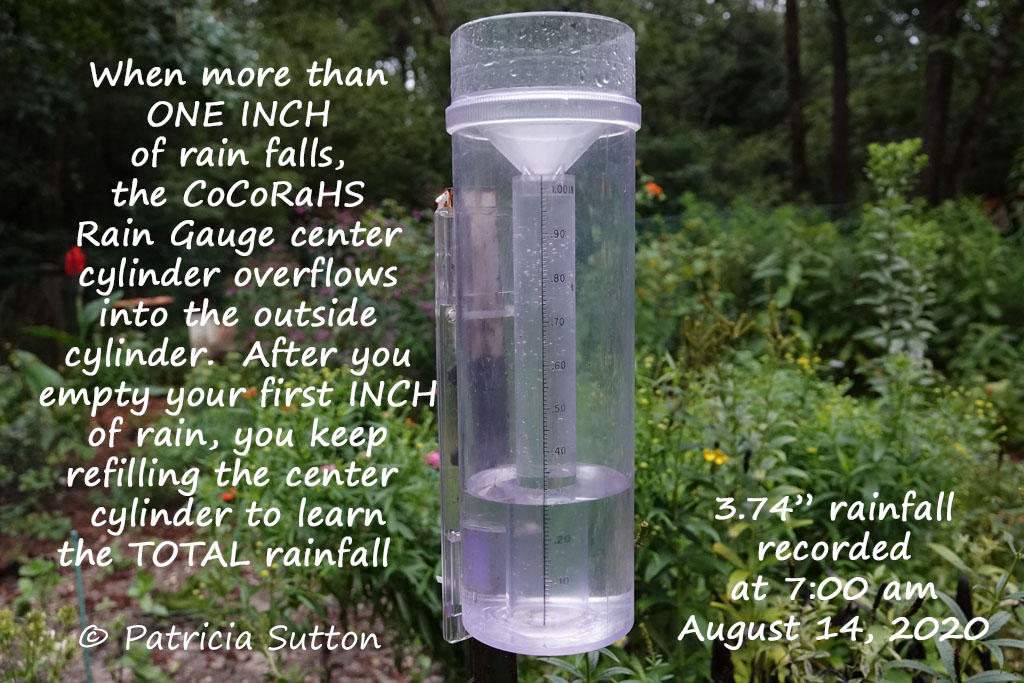

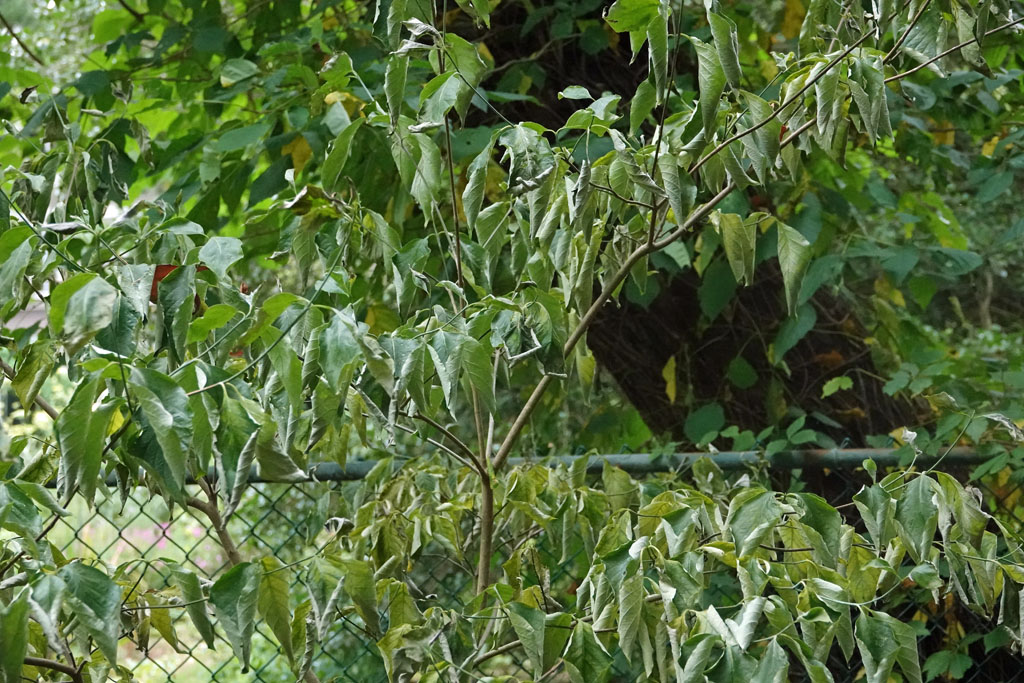
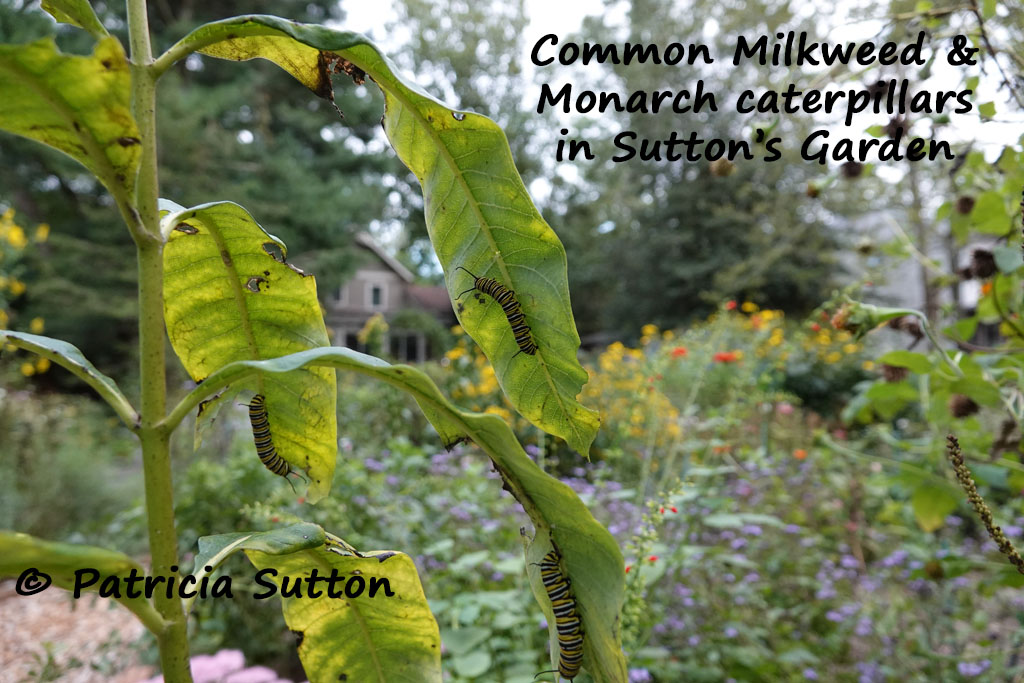
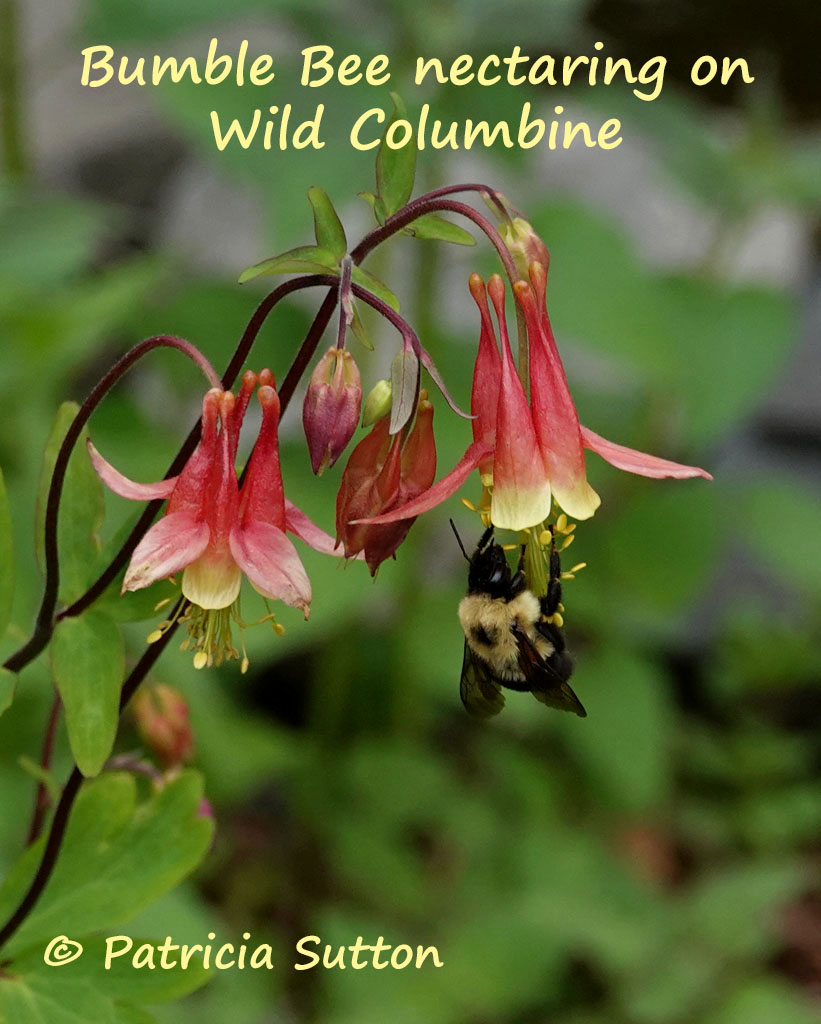
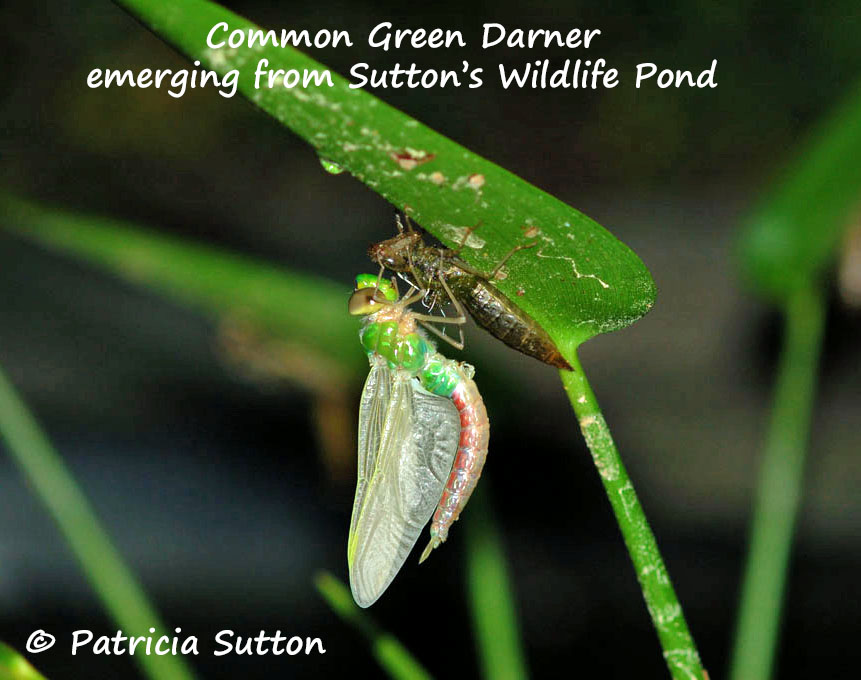
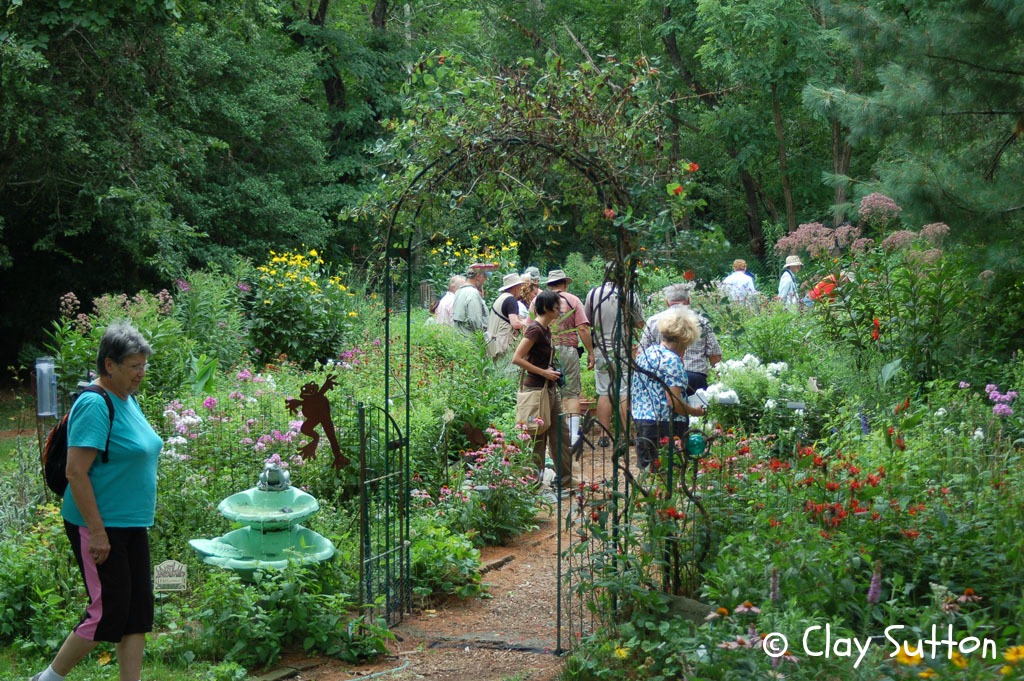
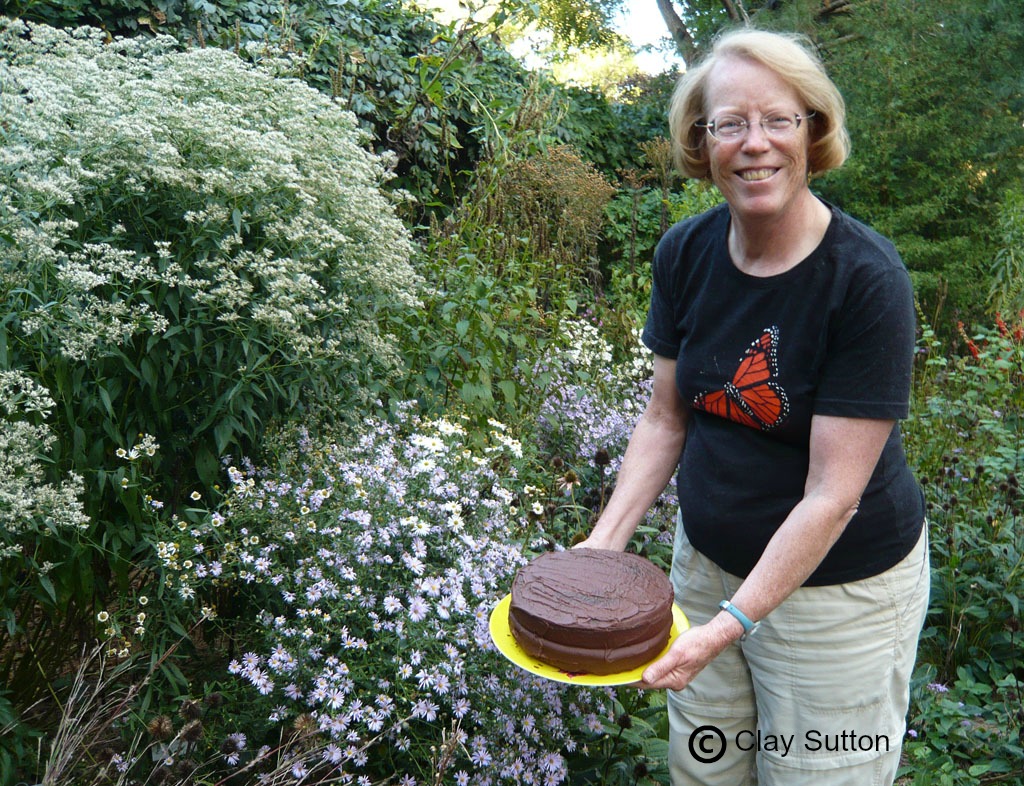

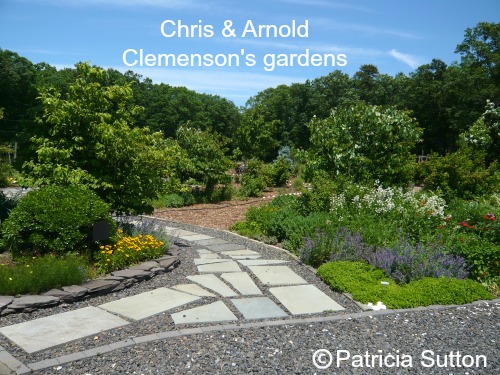
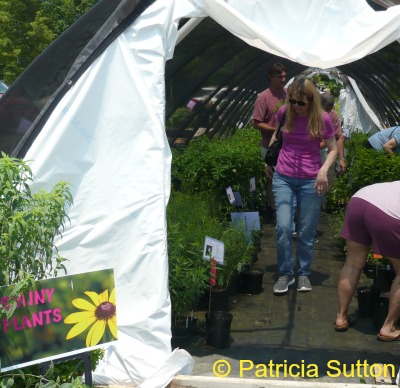
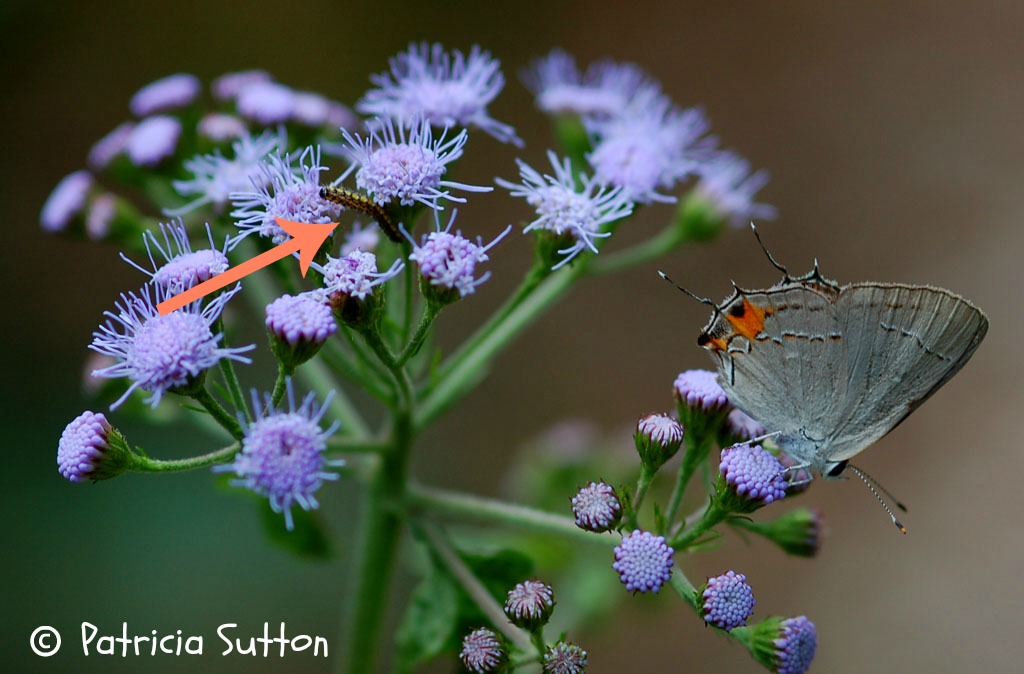










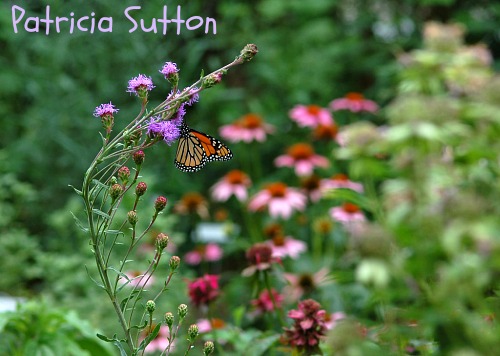






 This is the 22nd year I’ve been leading these tours of private backyard wildlife gardens. And they just keep getting yummier and yummier!
This is the 22nd year I’ve been leading these tours of private backyard wildlife gardens. And they just keep getting yummier and yummier!

